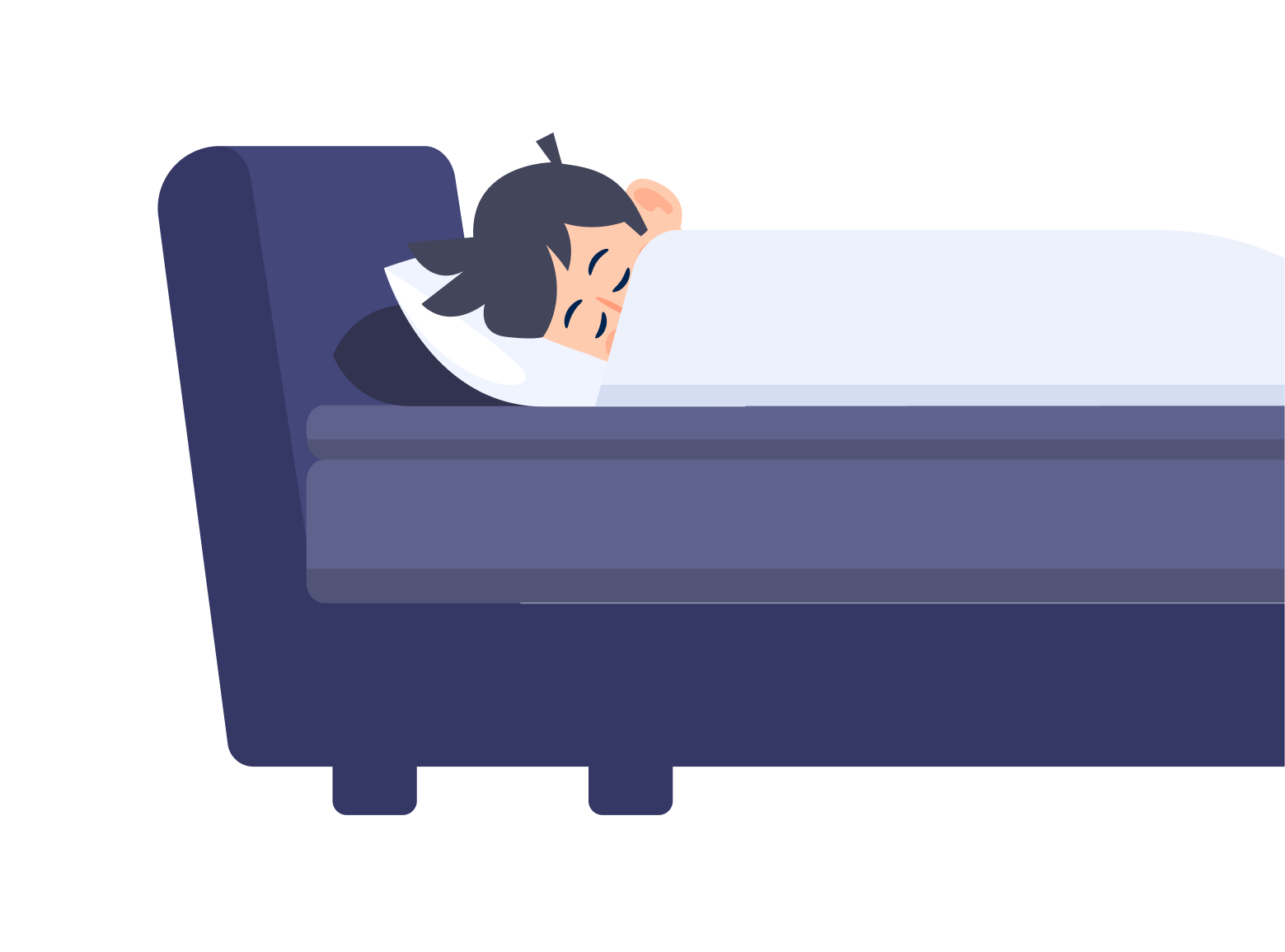Have you ever considered the power of dreams in shaping your athletic performance? This intriguing concept is not just a fragment of imagination but a topic gaining traction in sports psychology. This article delves into the fascinating intersection of dreaming and athletic achievement, exploring how dreams could potentially become a key component in an athlete’s training regime.
The Science of Dreaming and Performance
Dreams, often seen as the brain’s way of processing information, play a crucial role in learning and memory consolidation. Research in neuroscience suggests that during the Rapid Eye Movement (REM) phase of sleep, the brain actively rehearses skills and tasks learned throughout the day. This phenomenon, known as ‘mental rehearsal,’ is crucial for athletes. Studies have shown that mental practice, including visualization techniques often experienced in dreams, can enhance motor skills and improve overall performance in sports. Moreover, dreaming about a specific skill or sport can reinforce neural pathways, akin to the physical practice of the skill.
Athletes and Dream Visualization
For athletes interested in using dreams to enhance performance, maintaining a dream journal is a great start. Recording and analyzing dreams that involve their sport can provide insights into their subconscious thoughts and fears related to performance. Additionally, guided imagery and meditation before sleep can direct the mind toward specific athletic goals, potentially influencing the content of dreams. This practice allows athletes to ‘rehearse’ their sport in a dream state, strengthening their mental acuity and readiness.
Many elite athletes utilize visualization techniques as part of their training. The process of mentally simulating a sport can be as powerful as physical practice. Dreams offer a unique, unconstrained platform for this simulation. Athletes who actively engage in dream analysis and recall may find themselves better prepared mentally for various scenarios they might face in their sport. Harnessing dreams for athletic performance involves recognizing and interpreting dreams related to their sporting activities, and using those insights during waking hours for mental training and preparedness.
Conclusion
While the link between dreaming and athletic performance is still a budding area of study, the potential it holds for athletes is enormous and certainly worth exploring.
( Athletic Performance, Dreams in Sports, Mental Rehearsal, REM Sleep, Visualization Techniques, Dream Analysis, Sports Psychology, Neural Pathways, Elite Athletes, Mental Training )








